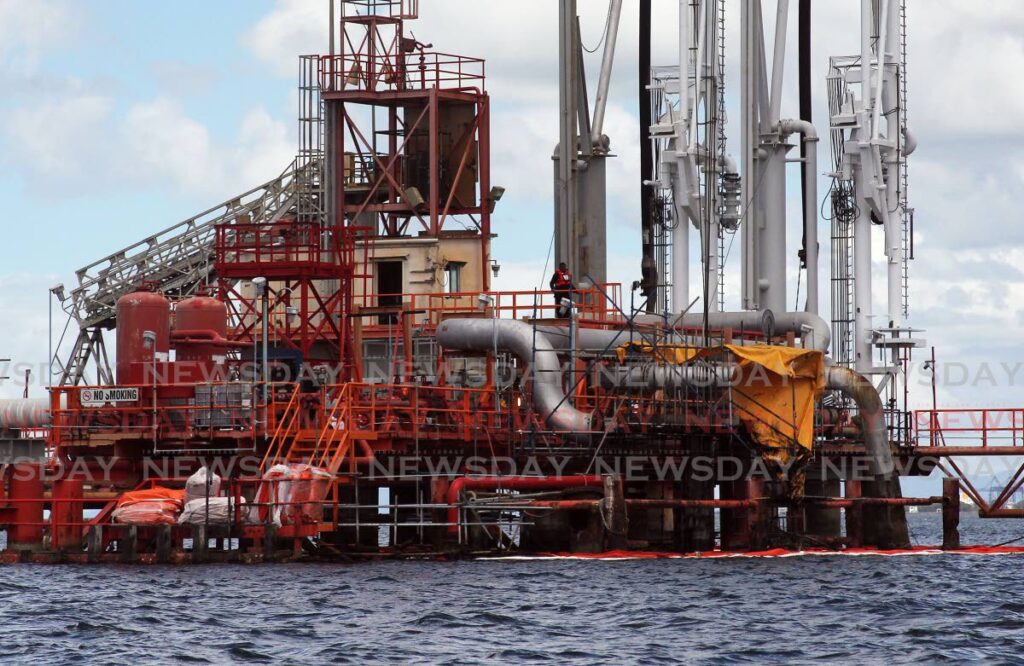OSHA: Paria probe in early stages

THE Occupational Safety and Health Agency's (OSHA) investigation into the February 25 incident at Paria Fuel Trading Company, in which four divers died, has begun.
While OSHA had personnel on site at Paria's Pointe-a-Pierre compound on February 25, the agency was not empowered under the law to become involved in any operations to rescue the divers.
OSHA made these and other comments in a statement issued to Newsday on Thursday on the February 25 incident.
OSHA said its investigation is in its preliminary stages.
"We continue to gather evidence through various means."
Those means were not elaborated upon.
OSHA did not comment on a newspaper report which alleged that an inspector who may have been involved in the investigation may have resigned
Interviews are part of the investigative process. OSHA said,
"We have already interviewed key persons from Paria Fuel Trading Ltd and we are scheduled to interview persons from LMCS Ltd this week.
The deceased divers (Kazim Ali Jr, Fyzal Kurban, Yusuf Henry and Rishi Nagassar) worked for LMCS. The sole surviving diver, Christopher Boodram, is also an LMCS employee.
While its personnel were on site on the day of the accident, OSHA said legally it could not be involved in any emergency operations to rescue the four divers. It said under the OSH Act it is the duty of employers and occupiers of the site in question to ensure the safety, health and welfare of all employees, do a risk assessment and have an emergency plan based on the risk assessment and.
OSHA said its duty is to determine whether the employer/occupier has complied with the law.
"Therefore the conducting of emergency operations lies with the employer/occupier."
OSHA reiterated it is a law-enforcement body whose jurisdiction is to determine whether employers, occupiers and employees are in compliance with the OSH Act.
Hence, it explained, "The agency does not become involved in the decision-making process of any organisation nor do we direct any OSH-related operation."
OSHA was asked what safety concerns it has with respect to rescues and rescue attempts, in relation to situations like that of February 25.
"The agency would stress the importance of conducting a risk assessment and having an emergency response plan in place. It is also very important to follow industry specific best practice."
On the March 11 prohibition orders banning Paria from subsea maintenance and related works, OSHA said, "A prohibition notice is is not time specific. These orders are only removed by the agency once they are complied with in accordance with sections 74 (2) and (3) of the OSH Act. These sections deal with a restriction being imposed by an inspector and the inspector being satisfied that the notice for the restriction was complied with.
OSHA added that with respect to these orders, "an exemption has been granted in circumstances where there is a risk of 'damage to property, the environment or injury to persons.'
"Therefore only in such circumstances are they permitted to conduct subsea works."
It also added, "There is a complete prohibition against LMCS from conducting all diving operations. No exemptions have been granted."


Comments
"OSHA: Paria probe in early stages"